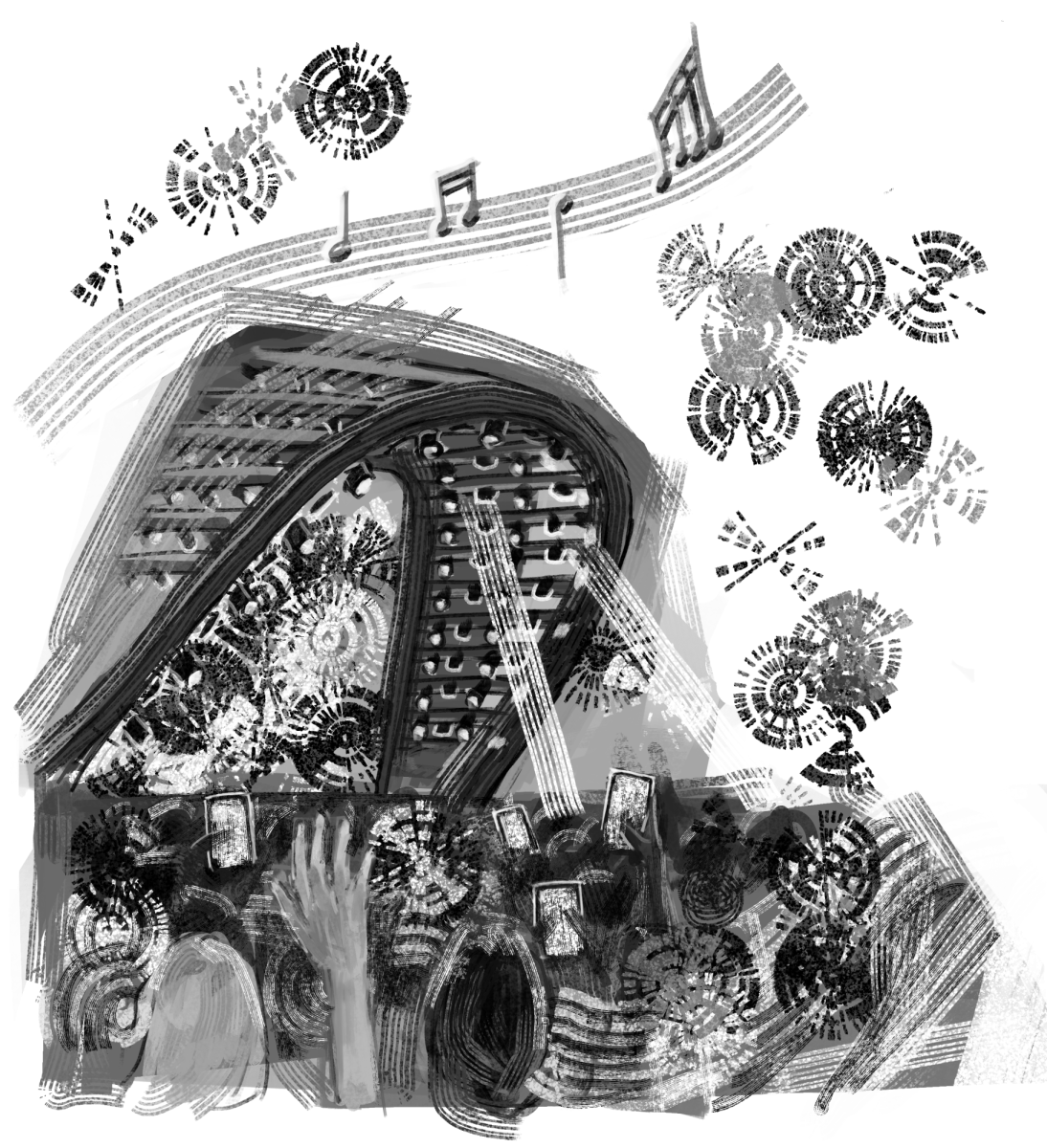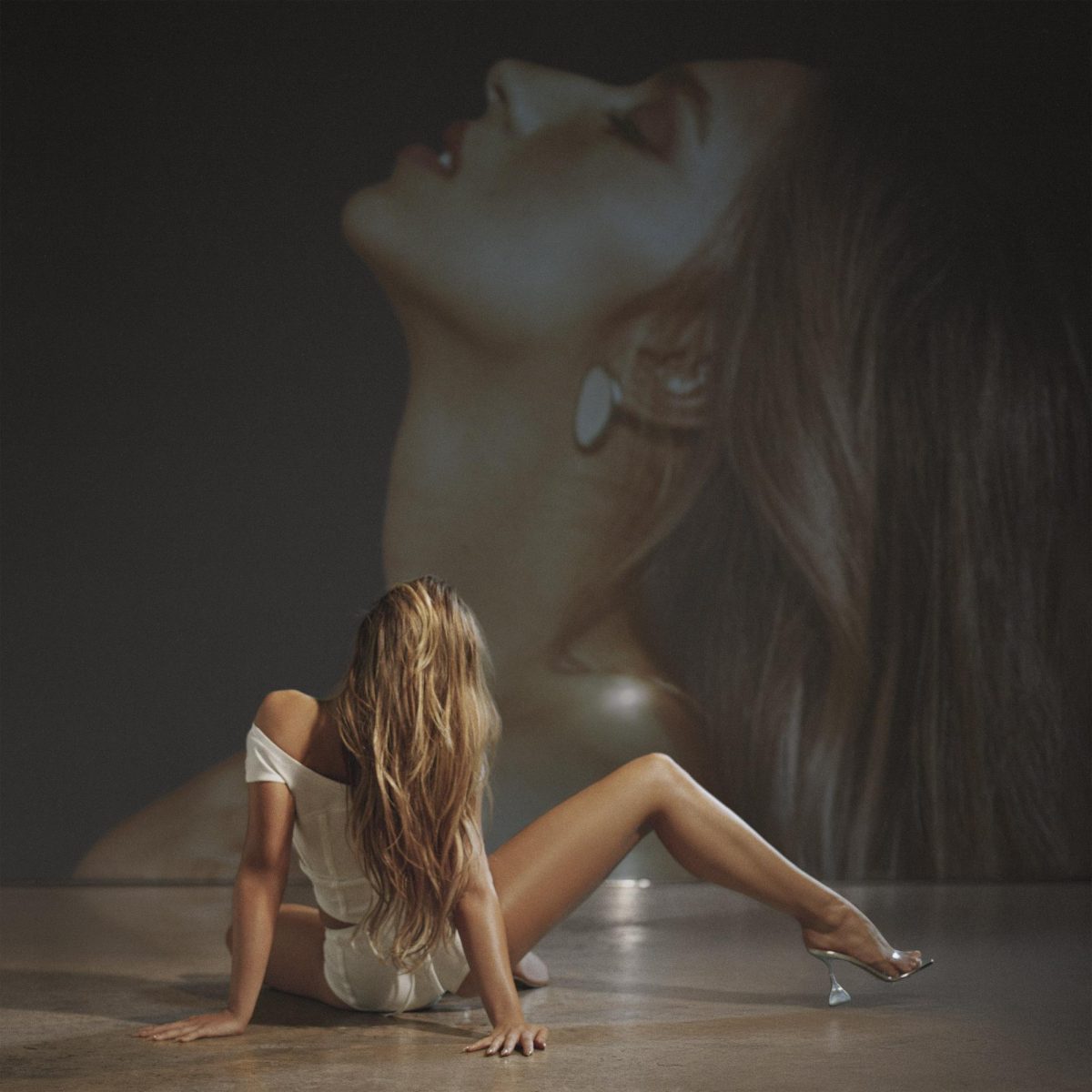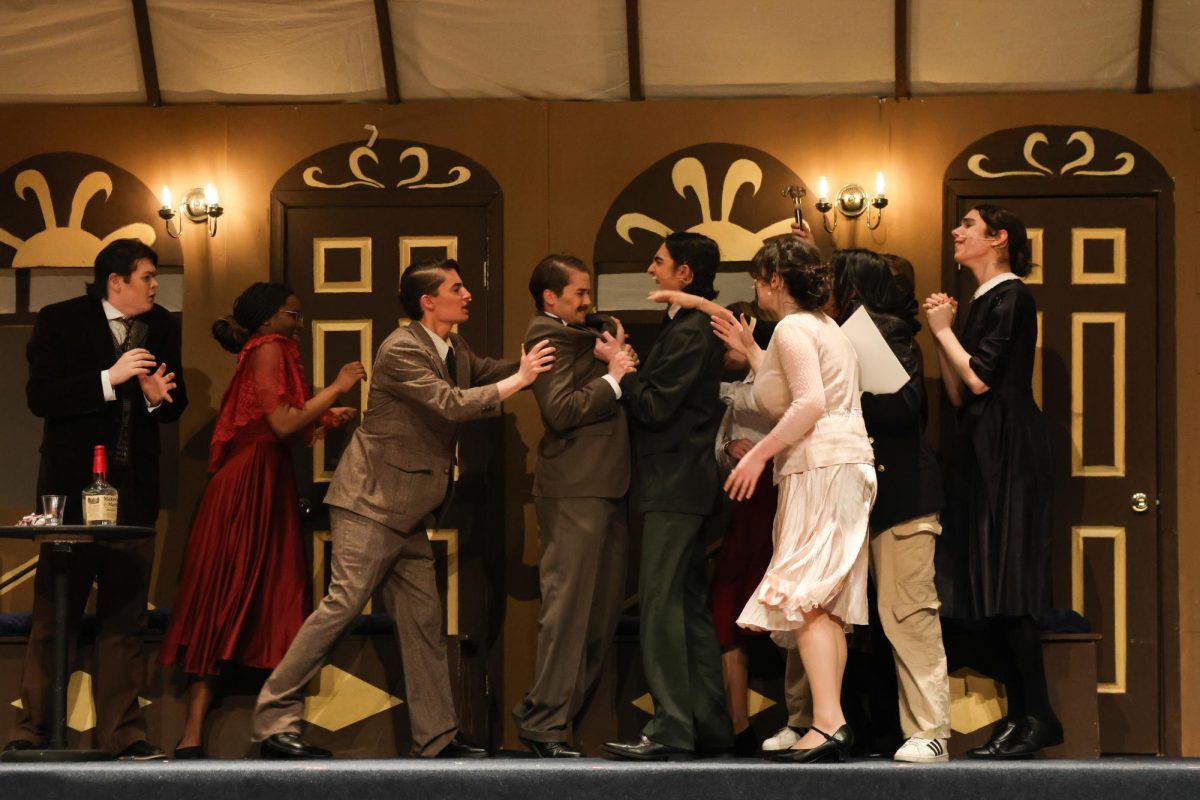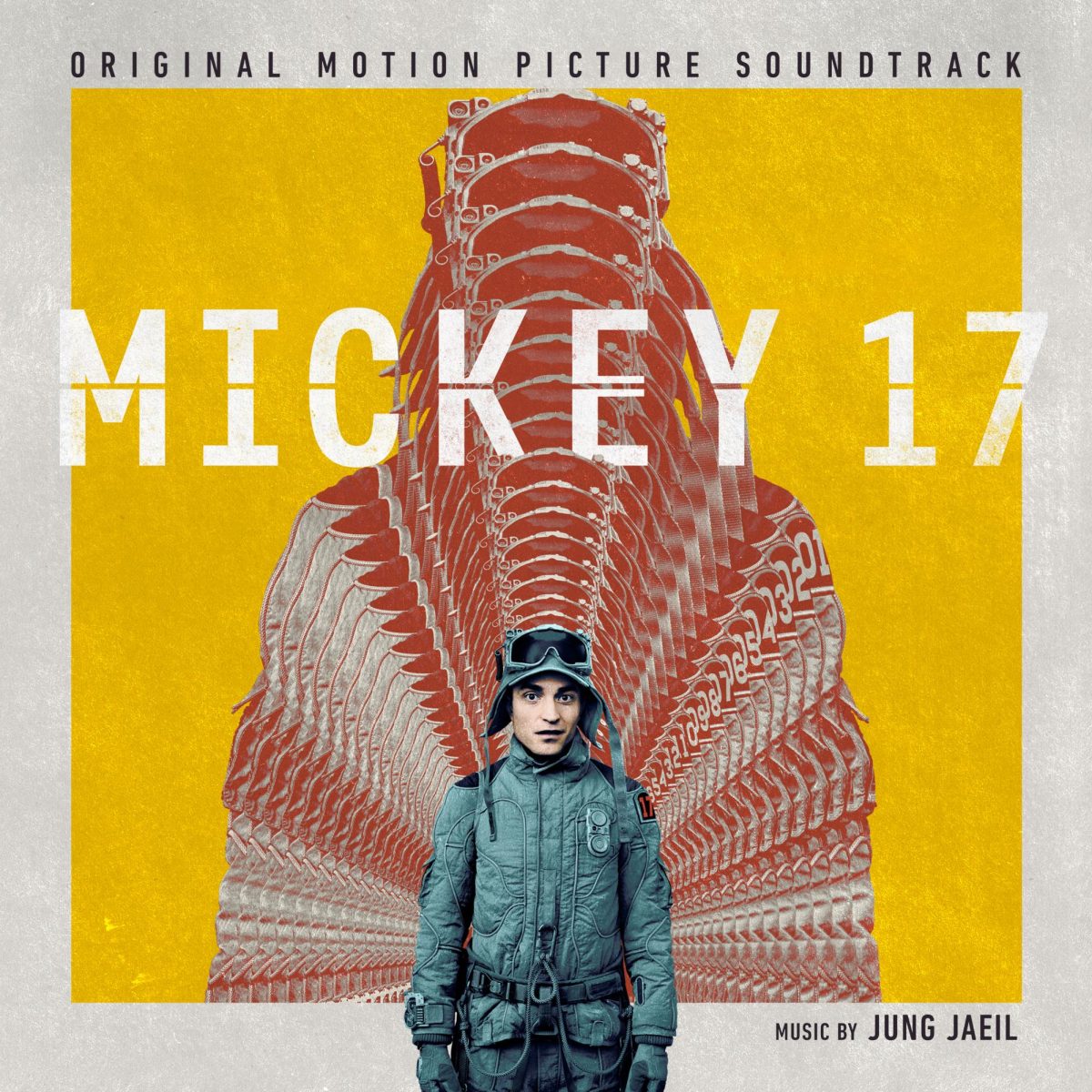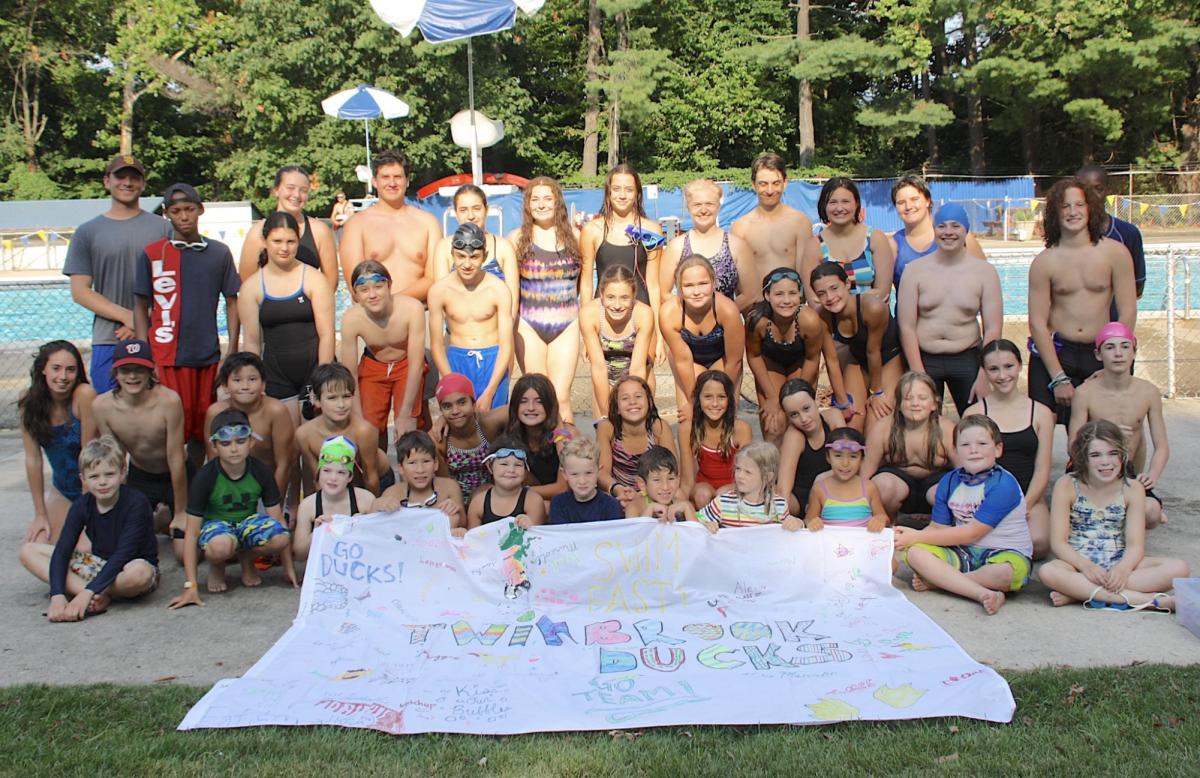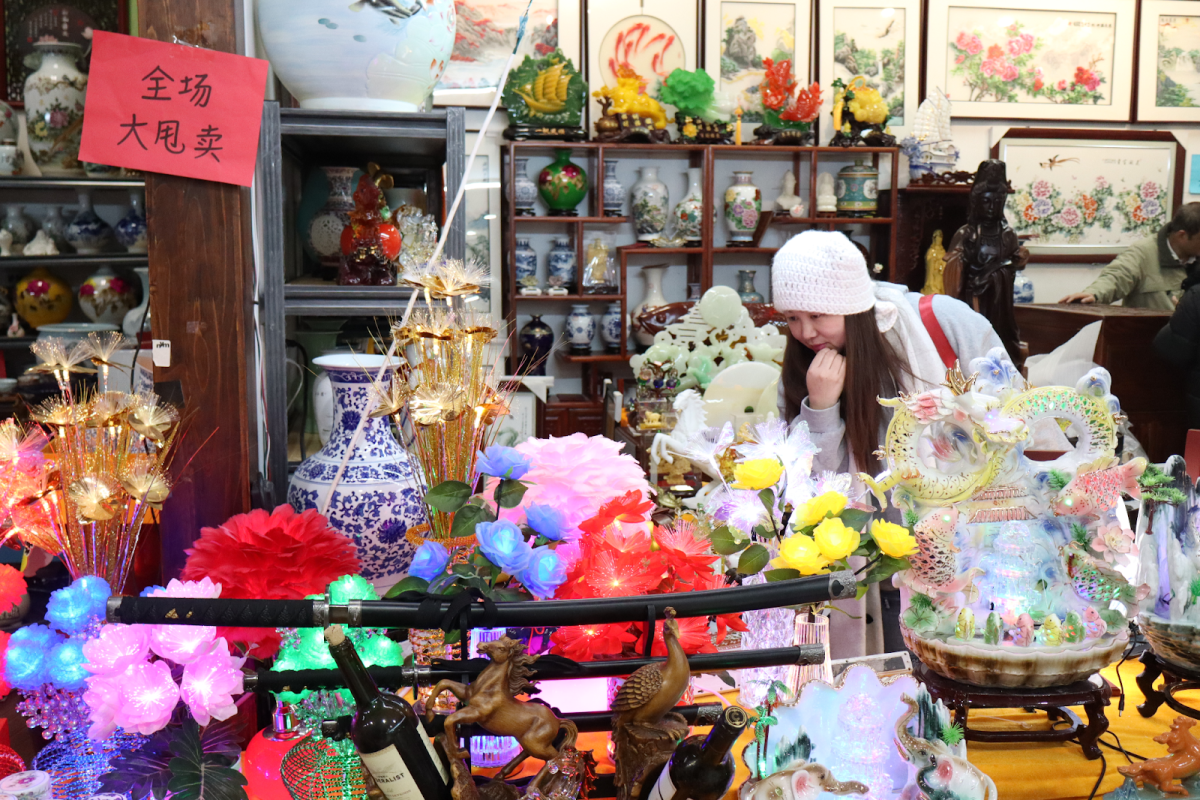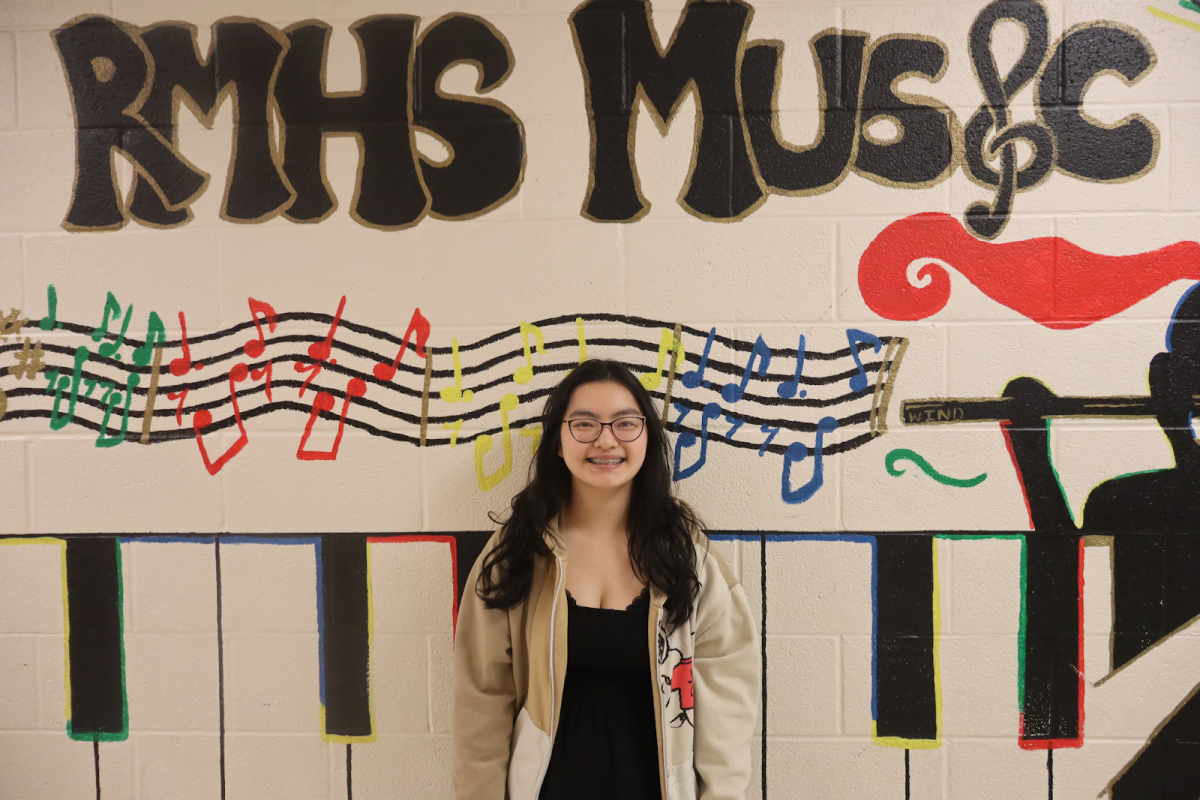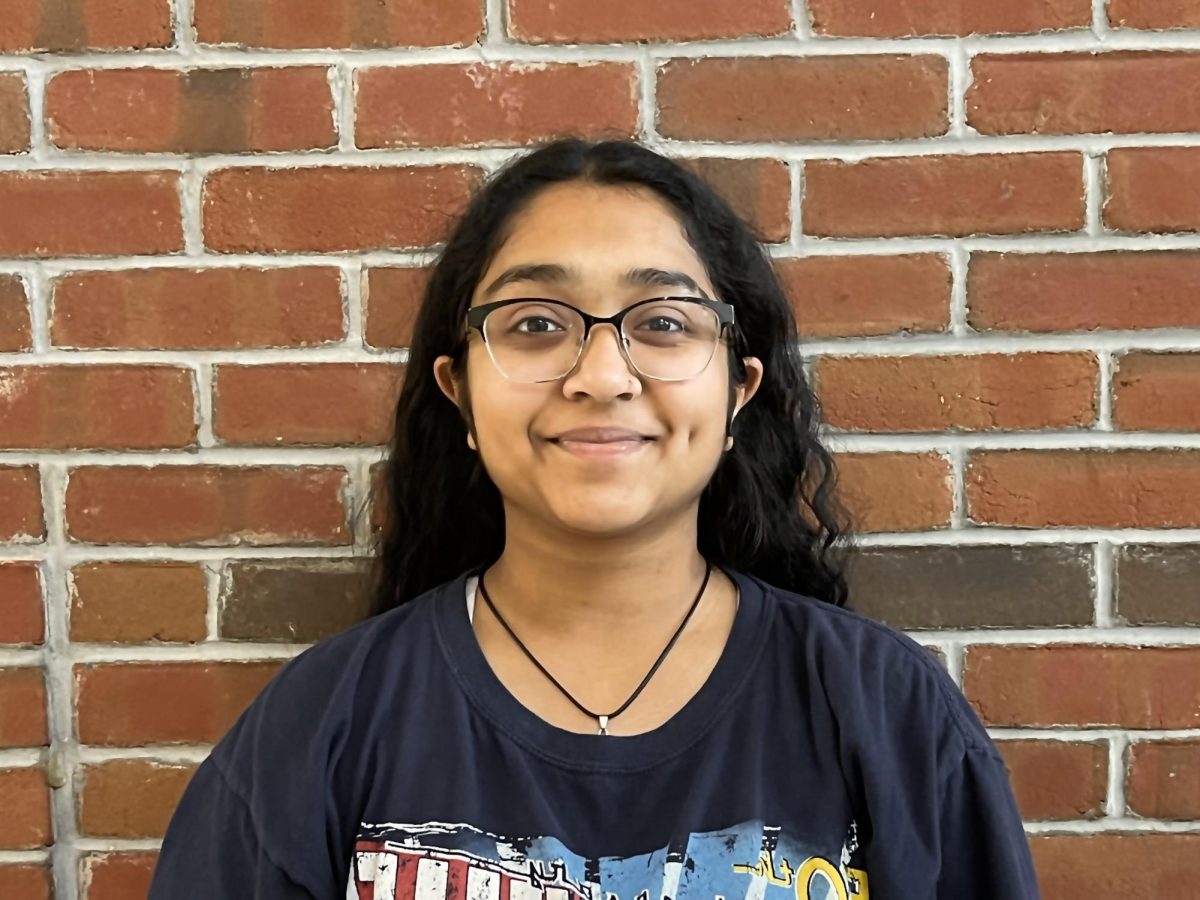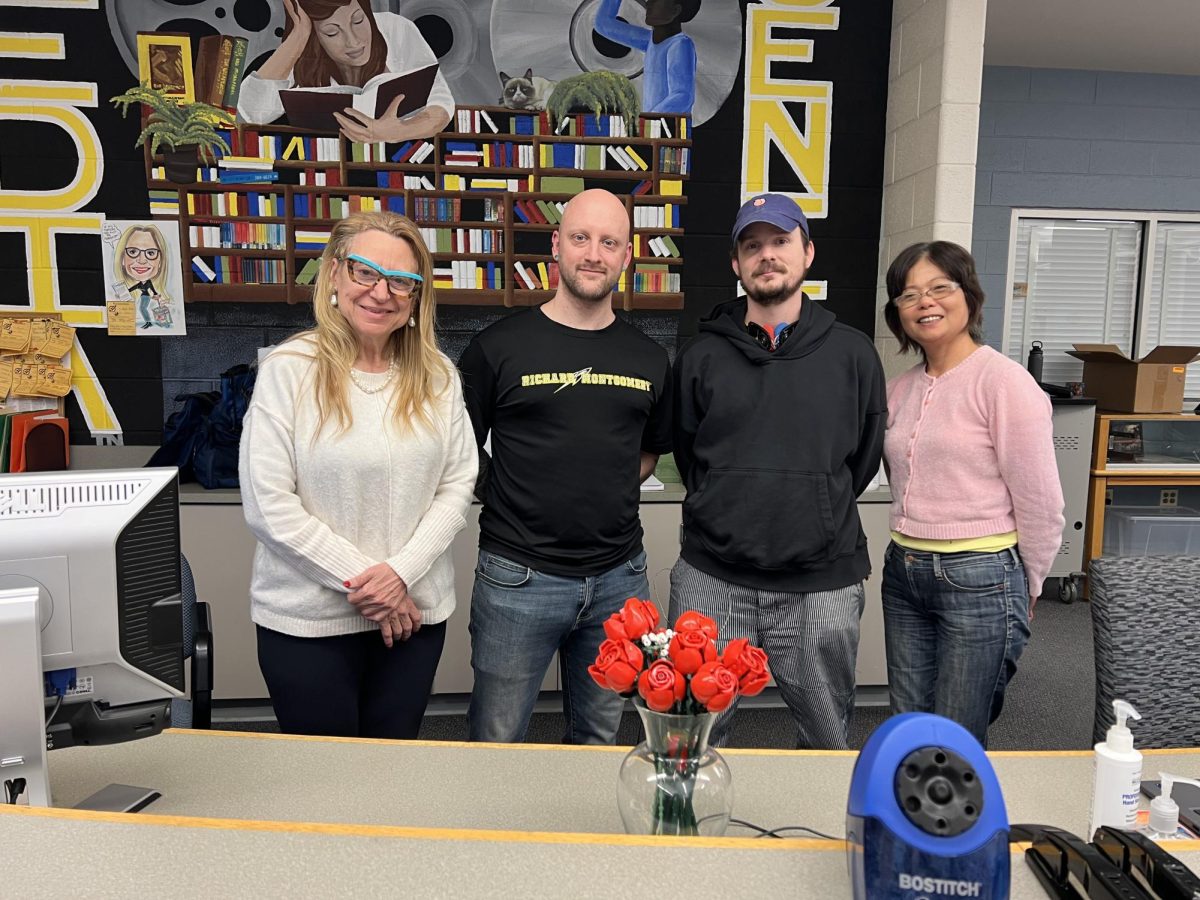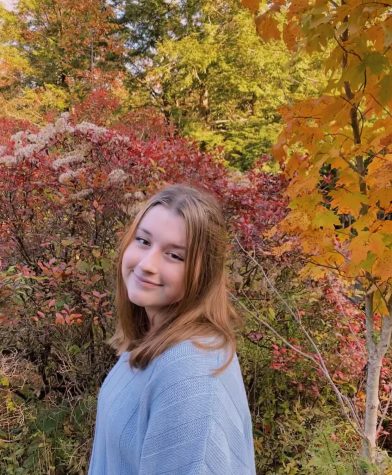“Each show has its own challenge,” Emily Davis, artistic director of the Black Maskers, said. Casting, rehearsal space, money, and set design…these challenges are applicable to any student theater production, whether they are at a private or public school. However, where shows are produced can result in different sets of challenges.
Public schools receive government funding, while private school productions are administered by their staff, resulting in different funding levels. Moreover, public schools have more students and generally greater diversity.
But despite smaller student populations, private schools still value inclusivity. Cinzia Maddalena, director of arts and music at Butler Montessori, a private school in Germantown, MD, said, “In general, as Montessorians, we believe that there is a great value to inclusivity and working with all students to ensure that the production is a community based effort.”
This applies to public schools as well. “I get to work with students of all different backgrounds, all different financial situations… all different walks of life,” Ms. Davis said.
“I think the theater program at RM is a great way for students to become involved in the arts,” RM sophomore Avery Jones said. “It gives students more opportunities to become involved in more complex backstage jobs such as lighting, sound, and set construction.”
However, there are benefits and drawbacks in each school’s theater department. “Private schools may deal with smaller casts and space availability whereas public schools may have larger casts, which come with their own challenges,” said Ms. Maddalena.
Cast size is certainly an important factor in putting on a play, and it can be a strength or a weakness. Public schools work with hundreds of students, compared to private schools, which work with a considerably smaller number.
“Private school productions seem to be more like a series of movies with recurring actors playing different roles. With more students you can unravel new and exciting talent,” Kenji Shimokaji, a freshman actor at Oneness Family Montessori School, said. His old school, Butler Montessori, had a graduating class of eight students last year. Less well-known productions done by small schools can affect cast and audience size.
One thing that is universal, though, is nerves. “I get nervous a day or so before the show. Once I’m onstage I’m excited to perform, and it goes by very fast. But there are a million things that can go wrong,” RM freshman Danielle Carter explained.
The actors are not the only ones who get nervous. The people who work behind-the-scenes are key components to a show. “The backstage crews are essential to putting on a production because they help the actors look and sound their best as well as build and decorate the sets, and overall help the shows run smoother,” Jones said.
However, money and funding are essential to putting on a play, perhaps just as important as the actual production itself. This is where private and public school theater varies the most. Jones said, “I haven’t been to a production put on by a private school, but I think it would be more elaborate due to more funding. Public schools have limited funding so the productions wouldn’t be as complex.”
However, the differences in schools do not outweigh their performances. “Every play I have directed at Butler Montessori has had a strong focus on bringing students together and helping them learn how to work as a team,” Ms. Maddalena said.
Ms. Davis said, “Working on something this big for so long, and seeing how it will come together… I think it’s an experience you don’t forget.”
Regardless of where it takes place, theater can unite people, whether they are a stage crew, actors, or an audience. “I think it brings the students together, and we get a sense of community,” RM freshman and actress Kayla Shomar said. No matter the background of the school, a great show has the power to awe and transport the audience.
Featured photo by Emily Pan





